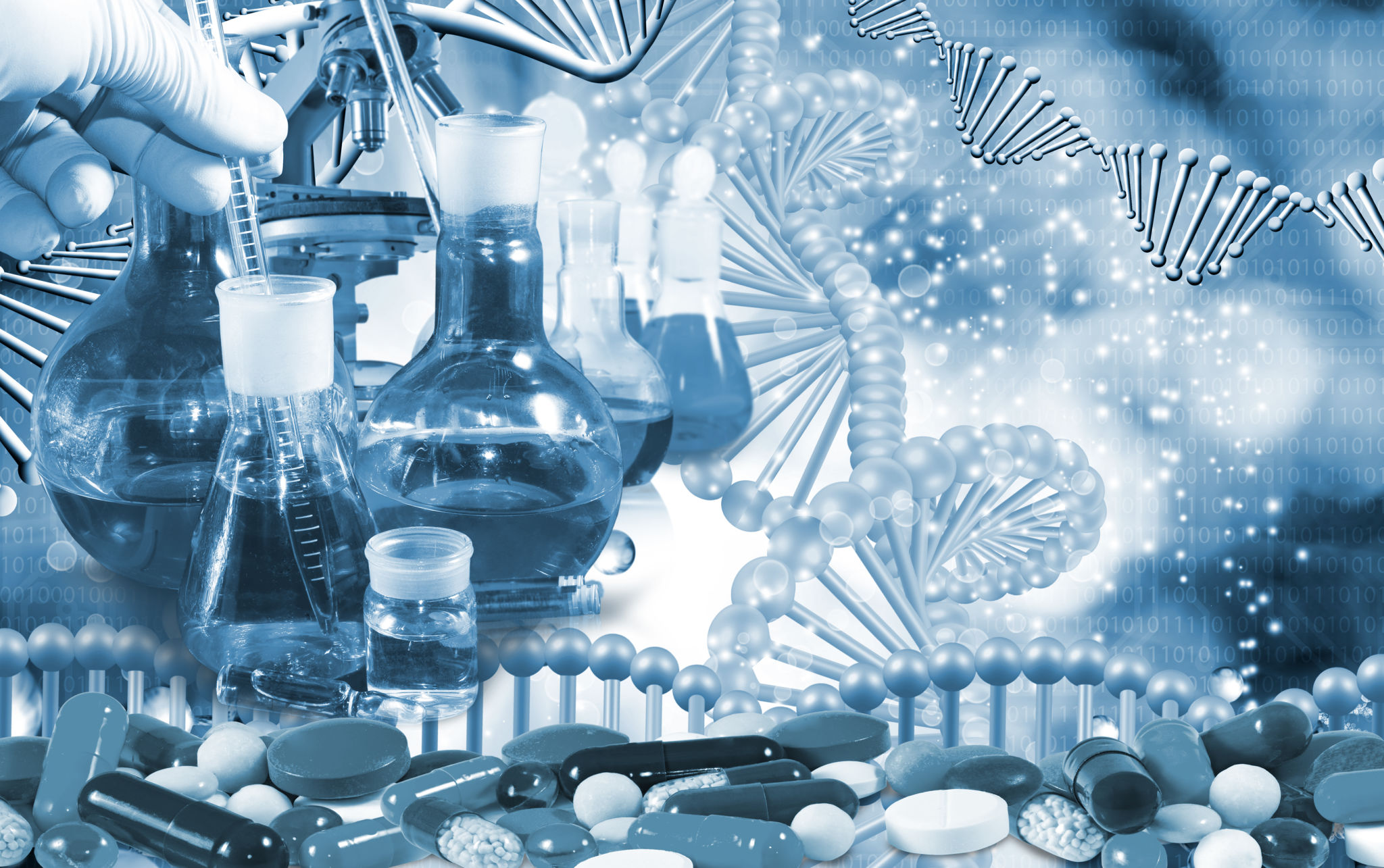The Future of Biologics Development: Key Trends and Technologies
Introduction to Biologics Development
The world of biologics development is rapidly evolving, driven by groundbreaking technologies and innovative approaches. As pharmaceutical companies and researchers strive to meet the growing demand for more efficient and targeted therapies, understanding the key trends and technologies shaping this field is crucial. This article explores the future of biologics development, focusing on the significant advancements that are set to transform the industry.

Advancements in Bioprocessing Technologies
Bioprocessing technologies have seen significant improvements, enhancing the efficiency and scalability of biologic production. Innovations such as continuous manufacturing and single-use systems are streamlining processes, reducing costs, and improving product quality. Continuous manufacturing allows for a seamless production flow, minimizing downtime and maximizing yield. Meanwhile, single-use systems offer flexibility and reduce the risk of contamination, making them ideal for small-batch production and personalized medicine.
Automation and Digitalization
The integration of automation and digitalization in bioprocessing is another game-changer. Automation technologies enable precise control over production parameters, leading to consistent product quality. Digital tools, including AI and machine learning, are helping in predictive analytics and process optimization, allowing for real-time adjustments and reducing human error. These advancements are paving the way for more efficient and reliable biologics production.

Personalized Medicine and Targeted Therapies
The shift towards personalized medicine is one of the most promising trends in biologics development. Tailoring treatments to individual patients' genetic profiles improves efficacy and minimizes side effects. This approach is particularly evident in oncology, where targeted therapies are designed to attack specific cancer cells while sparing healthy tissue. The advent of CRISPR and other gene-editing technologies is further expanding the possibilities in personalized medicine.
Biomarkers and Companion Diagnostics
Biomarkers play a crucial role in developing targeted therapies by identifying patients most likely to benefit from specific treatments. Companion diagnostics are tests designed to identify these biomarkers, guiding treatment decisions and improving outcomes. As research in this area progresses, we can expect a surge in therapies tailored to the molecular characteristics of diseases.

Sustainability in Biologics Production
Sustainability is becoming increasingly important in biologics development, with companies striving to reduce their environmental impact. The adoption of greener manufacturing processes, such as using renewable energy sources and reducing waste, is gaining traction. Furthermore, innovations like biodegradable single-use systems contribute to a more sustainable production model, aligning with global efforts to combat climate change.
Regulatory Challenges and Opportunities
As biologics development advances, regulatory frameworks must evolve to keep pace. Regulatory bodies are working to establish guidelines that ensure safety while fostering innovation. The rise of biosimilars presents both challenges and opportunities, as companies navigate complex approval processes while striving to bring cost-effective alternatives to market.

Conclusion: The Road Ahead
The future of biologics development is bright, with numerous trends and technologies poised to revolutionize the industry. As companies continue to innovate and adapt to new challenges, the promise of more effective, personalized, and sustainable biologic therapies becomes increasingly attainable. By embracing these advancements, the field of biologics is well-positioned to transform healthcare and improve patient outcomes worldwide.
